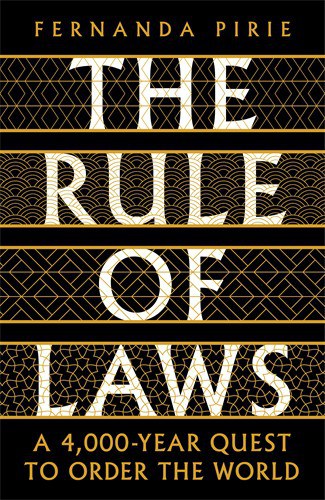书籍封面

书籍信息
- 作者:Fernanda Pirie
- 定价:£14.99
- ISBN:9781788163033
书籍介绍
A worldwide survey of legal history that draws on a vast repertoire of texts and traditions.
Pirie, a professor of the anthropology of law at Oxford and a specialist in Tibetan culture, notes that even among the nomadic peoples of the high Himalayan plateau, legal codes have developed to determine who can use a given patch of grassland and speak on behalf of their band. “Small communities the world over have made laws to regulate internal affairs and maintain a sense of distinctiveness and autonomy,” writes the author. Still, for all the esoteric legal traditions out there, such as the rules of beekeeping codified by Irish monks, societies tend to develop most of their fixed rules at the state level, and as Pirie notes early on, local traditions have tended to give way to international orders: “The national legal systems now found throughout the world are almost all modeled on those developed by European nations in the eighteenth and nineteenth centuries.” In an agile though somewhat overlong history, Pirie begins with Hammurabi, whose legal code expanded beyond “pragmatic and mundane rules” to become a body of laws that justified state power but also gave people an ordered place in Babylonian society and attendant rights. The author argues convincingly that the best legal traditions are those in which rights and responsibilities are reciprocal, helping people, in the case of that Mesopotamian legal code, “navigate complex social relations in a society divided into different social classes and professions.” Subsequent legal developments have codified what constitutes fair trade, what legal rights the citizens of a state can expect to enjoy, and the like. In the modern era, Pirie concludes, international laws continue to proliferate, often surrounding highly complex issues such as how to regulate the internet, if at all.
A valuable study for students of the law and its evolution over the millennia.








